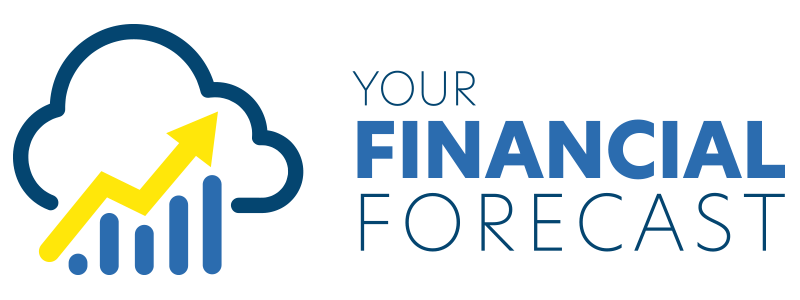
Once you’ve raised your credit score and banked some cash, you may start looking for that next level of economic adulting and find that people keep talking about your need for a portfolio. This may sound daunting if you’ve only recently cleared the air of your debt or haven’t been in the money saving game long, but a portfolio is just a collection of assets and investments. You may even already have the beginnings of a portfolio and not even realize it.
401k

If your employer is offering this benefit, you shouldn’t hesitate to snag it up. If they offer to match your contributions either partially, or dollar for dollar, even better. Joshua Kennon at The Balance explains a 401k “carries a defined contribution from both the employer and the employee. It is not an investment. It is a type of account that has special benefits that allow you to build wealth by investing in employer-determined plan assets such as mutual funds, stocks, index funds, and real estate investment trusts.”
IRA
An IRA, or Individual Retirement Account is especially important if you do not have a 401k at work. You can actually contribute to both kinds of accounts, but there are some rules regarding what you can contribute and if you’re eligible to have an IRA at all.
High Yield Savings
If you want to earn more interest on your money than you would with your bank’s savings account, consider opening a high interest account. Margarette Burnette at NerdWallet explains, “A high-yield savings account is a type of federally insured savings product that earns rates that are much better than the national average. They can earn around 0.50% APY. By comparison, the national savings average is 0.05% APY.”
Stocks

Acquiring stock is like owning a tiny piece of a company. Don’t let the wealth of advice out there overwhelm you with this one. Stocks are just one part of your portfolio, there’s no need to stress about it any more than the other bits. Think about companies you use, or brands you’re loyal to, and start researching from there. Online brokers like E*Trade and Robinhood allow investors to sign up and trade from the comfort of their own internet connected devices.
Bonds
The U.S. government needs to fund things that taxes don’t cover, and there are wars to pay for, but Uncle Sam has it under control by selling you bonds. Investor.gov goes more in depth, “When you buy a bond, you are lending to the issuer, which may be a government, municipality, or corporation. In return, the issuer promises to pay you a specified rate of interest during the life of the bond and to repay the principal, also known as face value or par value of the bond, when it “matures,” or comes due after a set period of time.”
Getting out of debt and starting a savings account are just parts of the adulting puzzle. When you want to start leveling up, start working on your portfolio.
